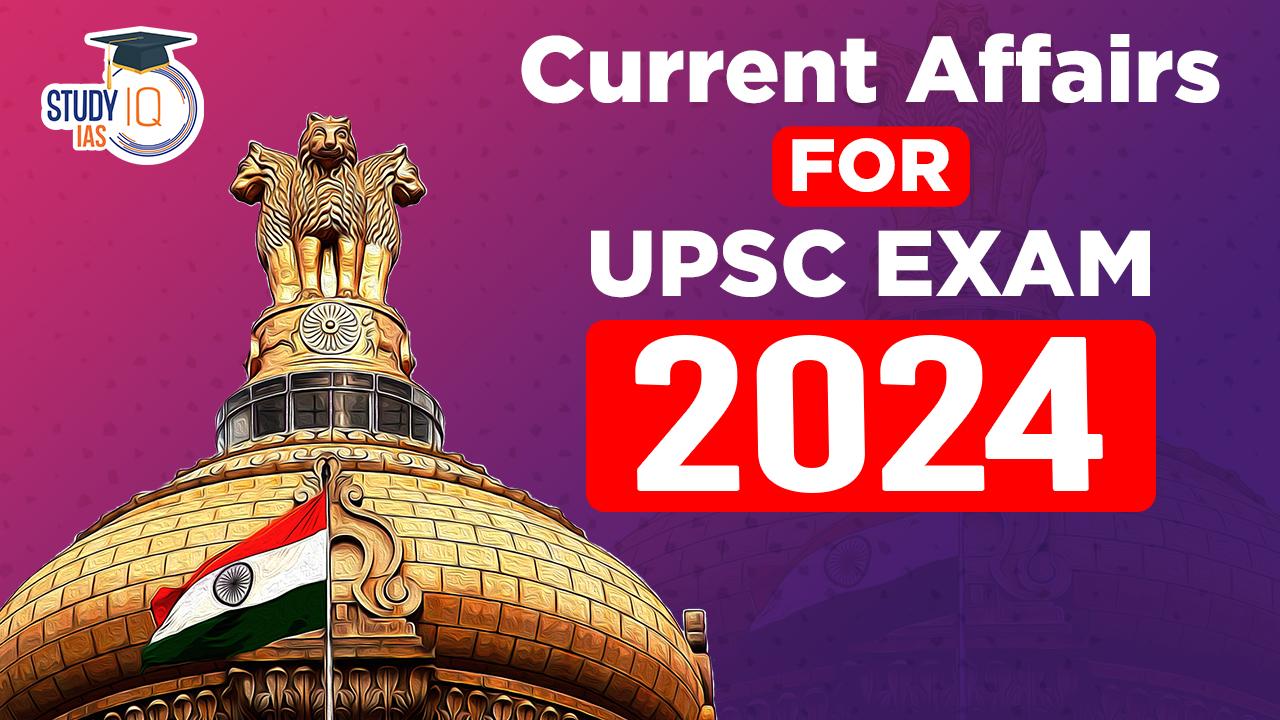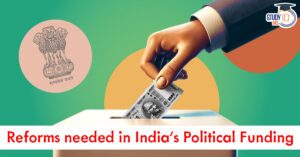Table of Contents
Fully Accessible Route
Context: In a recent notification RBI said that Foreign portfolio investors (FPIs) will no longer have access to newly issued Indian government bonds with 14-year and 30-year tenors under the fully accessible route (FAR) with immediate effect.
About Government Security (G-Sec)
- It is a tradable instrument issued by the Central or State Governments.
- It acknowledges the Government’s debt obligation.
- Short-term securities (usually called treasury bills, with original maturities of less than one year- presently issued in three tenors, namely, 91 days, 182 days and 364 days)
- long term also called Government bonds or dated securities with an original maturity of one year or more
- In India, the Union Government issues both treasury bills and bonds or dated securities while the State Governments issue only bonds or dated securities, which are called State Development Loans (SDLs)
- G-Secs carry practically no risk of default and, hence, are called risk-free gilt-edged instruments.
| Cash Management Bills (CMBs) |
|
About Fully Accessible Route:
- It was introduced by the RBI in 2020.
- Eligible Investors: FPIs, Non-Resident Indians, Overseas Citizens of India (OCI)
- The Fully Accessible Route (FAR) regulations impose no limits on investments by Non-Resident Indian retail investors.
- This scheme shall operate along with the two existing routes, viz., the Medium Term Framework (MTF) and the Voluntary Retention Route (VRR).
About Voluntary Retention Route:
- It was introduced by RBI in 2019 to enable FPIs to invest in debt markets in India
- Any FPI registered with SEBI is eligible to participate through this Route
- RBI imposes a limit on investment under this Route. Presently, it is Rs 1.5 lakh crores.
- The minimum retention period for the Investment is 3 years.
- The minimum percentage of Investment which has to be retained is 75%.
FPIs that wish to liquidate their investments under the Route prior to the end of the retention period may do so by selling their investments to other FPIs.
Dignity Denied
Context: Anukalith Surya, an IRS officer, faced bureaucratic challenges while trying to change name and gender in official documents.
Rules and Regulations
NALSA vs Union of India Judgment (2014)
- The Supreme Court of India recognized transgender people as a ‘third gender’ and affirmed their fundamental rights under the Constitution.
- The judgement emphasised the right to self-identify one’s gender and prohibited any medical or surgical requirements for legal recognition.
- This landmark ruling laid the foundation for subsequent legal protections for transgender individuals.
Transgender Persons (Protection of Rights) Act, 2019
- This Act aims to protect the rights of transgender persons and ensure their welfare.
- Key provisions include:
- Prohibition of discrimination in education, employment, healthcare, and other services.
- Right to self-perceived gender identity.
- Establishment of National and State Transgender Welfare Boards.
- Under Section 7 of the Act, proof of medical intervention in the form of gender-affirming care (sex reassignment surgeries, hormone therapy, etc) is mandatory if a person wants to apply for a change to “male” or “female” category.
- Under the Rules, however, physical examinations are outlawed.
Challenges Faced by Transgender Persons in India
- Legal and Bureaucratic Inconsistencies: Despite the NALSA vs Union of India judgement, which prohibits forcing transgender persons to undergo medical procedures for legal recognition of their gender identity, the Transgender Persons (Protection of Rights) Act, 2019, and Rules, 2020, create contradictions.
- For example: Section 7 of the Act mandates proof of medical intervention for gender change applications, conflicting with the spirit of the NALSA judgement.
- Public Humiliation and Discrimination: Transgender individuals often face public humiliation and discrimination when attempting to change their legal identity, which discourages some from seeking legal recognition of their gender identity.
- Systemic Lack of Empathy: Many face mental agony, humiliation, demands for proof of gender-affirming surgery, medical examinations, and threats of job loss.
- These hurdles illustrate a pervasive lack of empathy and understanding within bureaucratic systems.
- Implementation Delays and Inefficiencies: Delay in processing applications impedes the ability of transgender individuals to have their gender identity legally recognized in a timely manner.
- Example: In 2023, out of approximately 24,000 applications for transgender identity certificates, 3,225 were pending beyond the 30-day processing window mandated by the rules.
- Inadequate Facility Provision: Measures such as setting up transgender-specific wards and washrooms in government hospitals by 2022, and establishing transgender welfare boards in every state, have seen poor implementation.
- This lack of facilities contributes to the marginalisation and difficulties faced by the transgender community in accessing basic services.
Way Forward
- Improved Legal Consistency: Removing the requirement for medical proof for legal recognition of gender identity to honour the principle of self-determination.
- Enhanced Bureaucratic Sensitivity and Training: Training should focus on respectful interaction and the legal rights of transgender individuals.
- Streamlining Application Processes: Overhaul the application process by involving digitising processes and establishing clear guidelines for swift handling of applications.
- Adequate Facility Implementation: Regular monitoring and accountability mechanisms to ensure these facilities are provided as planned.
- Community Support and Inclusion: Public awareness campaigns, community outreach programs, and support structures to help integrate transgender people into society fully and respectfully.


 Somaliland Explained: Location, History,...
Somaliland Explained: Location, History,...
 Signals from the Indian Economy: What Ke...
Signals from the Indian Economy: What Ke...
 Reforms Needed in India’s Political Fu...
Reforms Needed in India’s Political Fu...

























